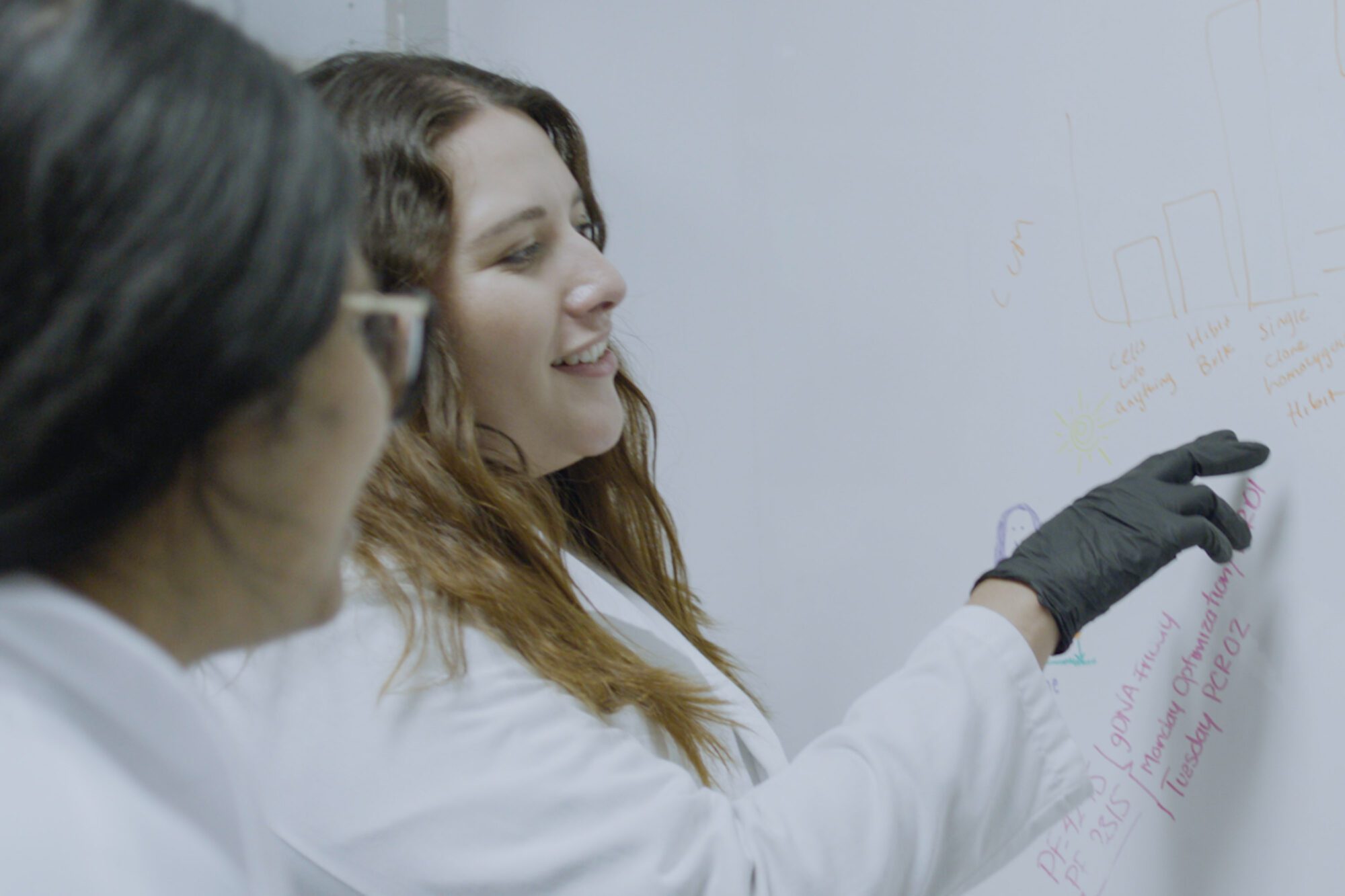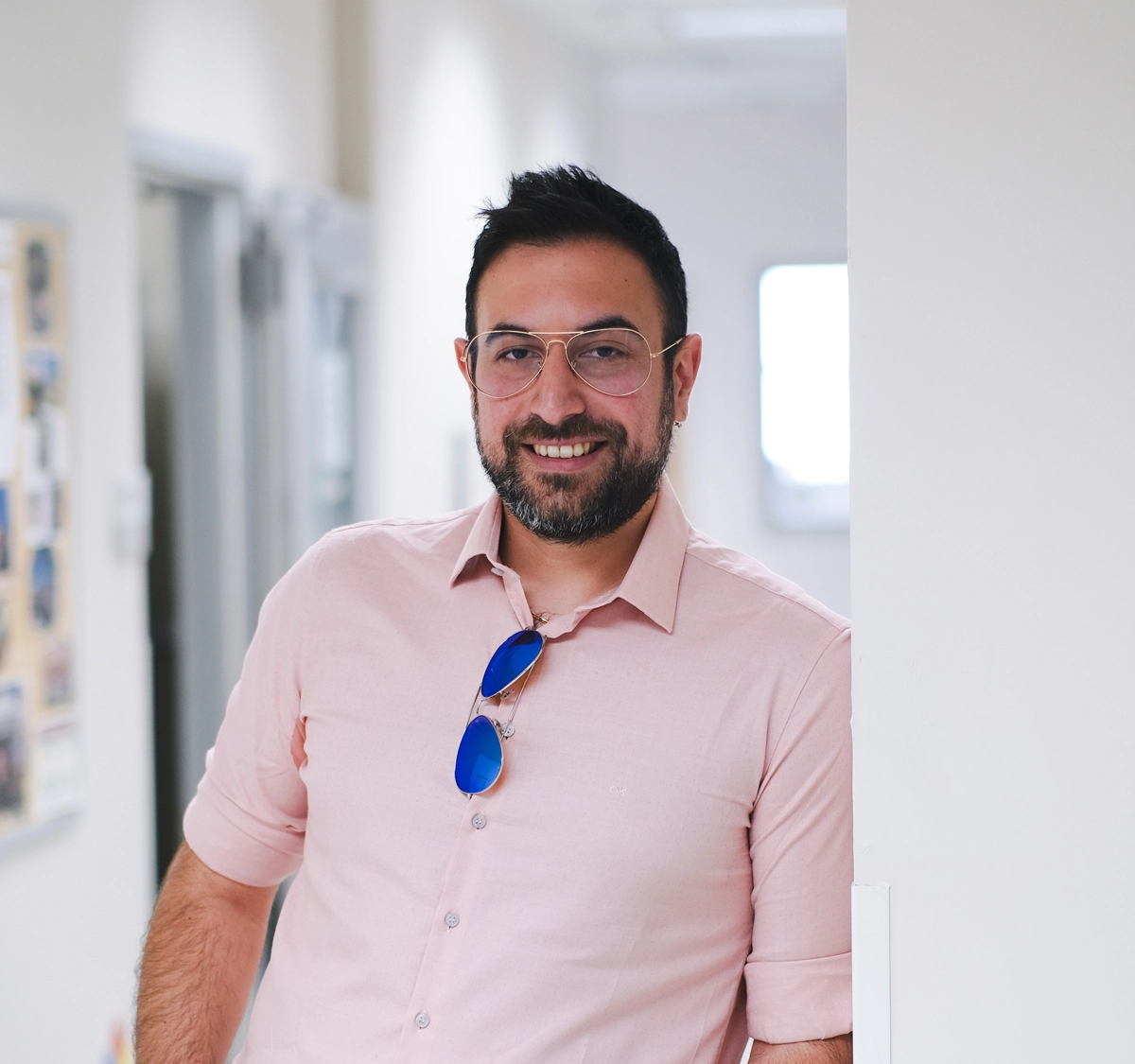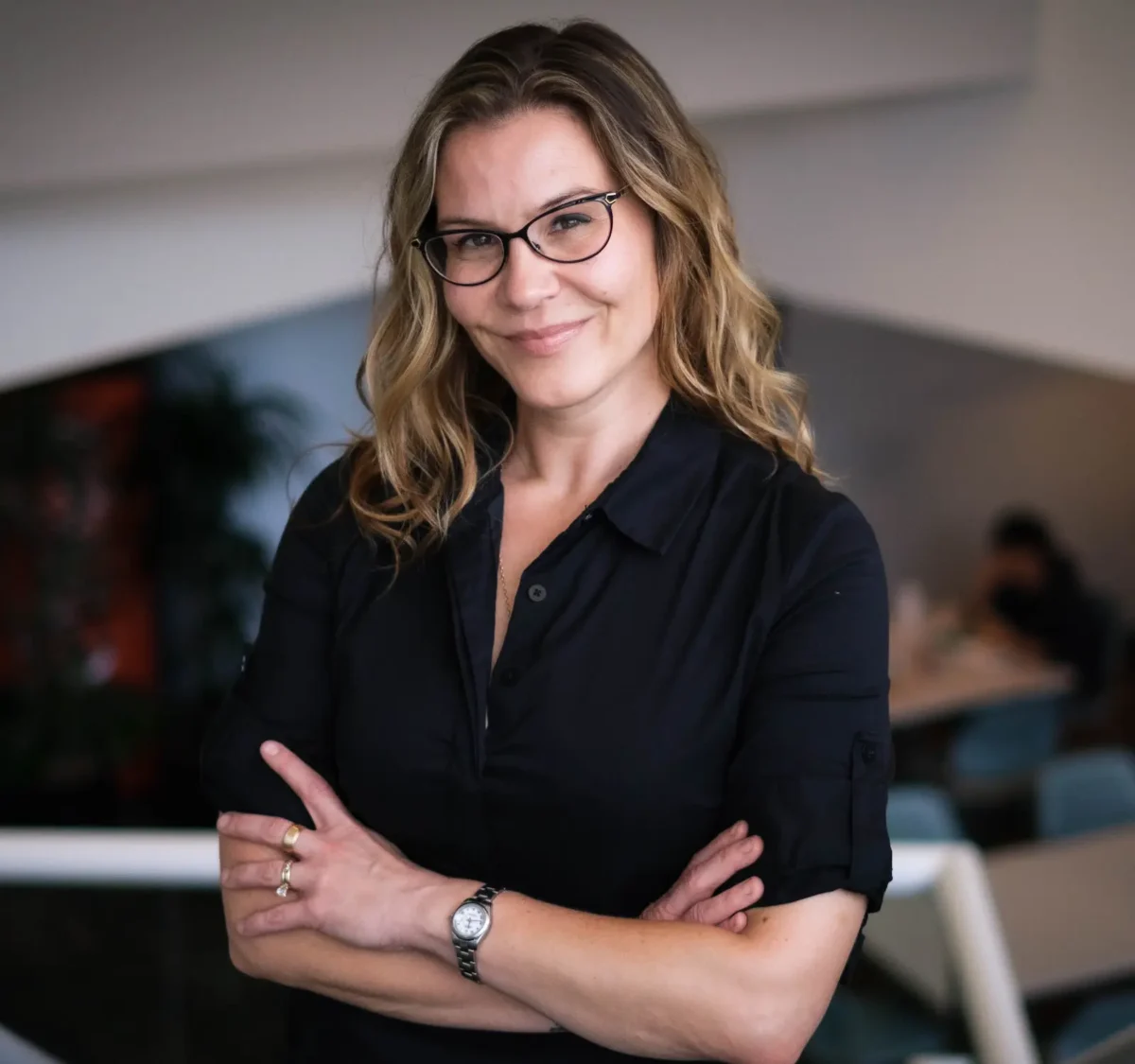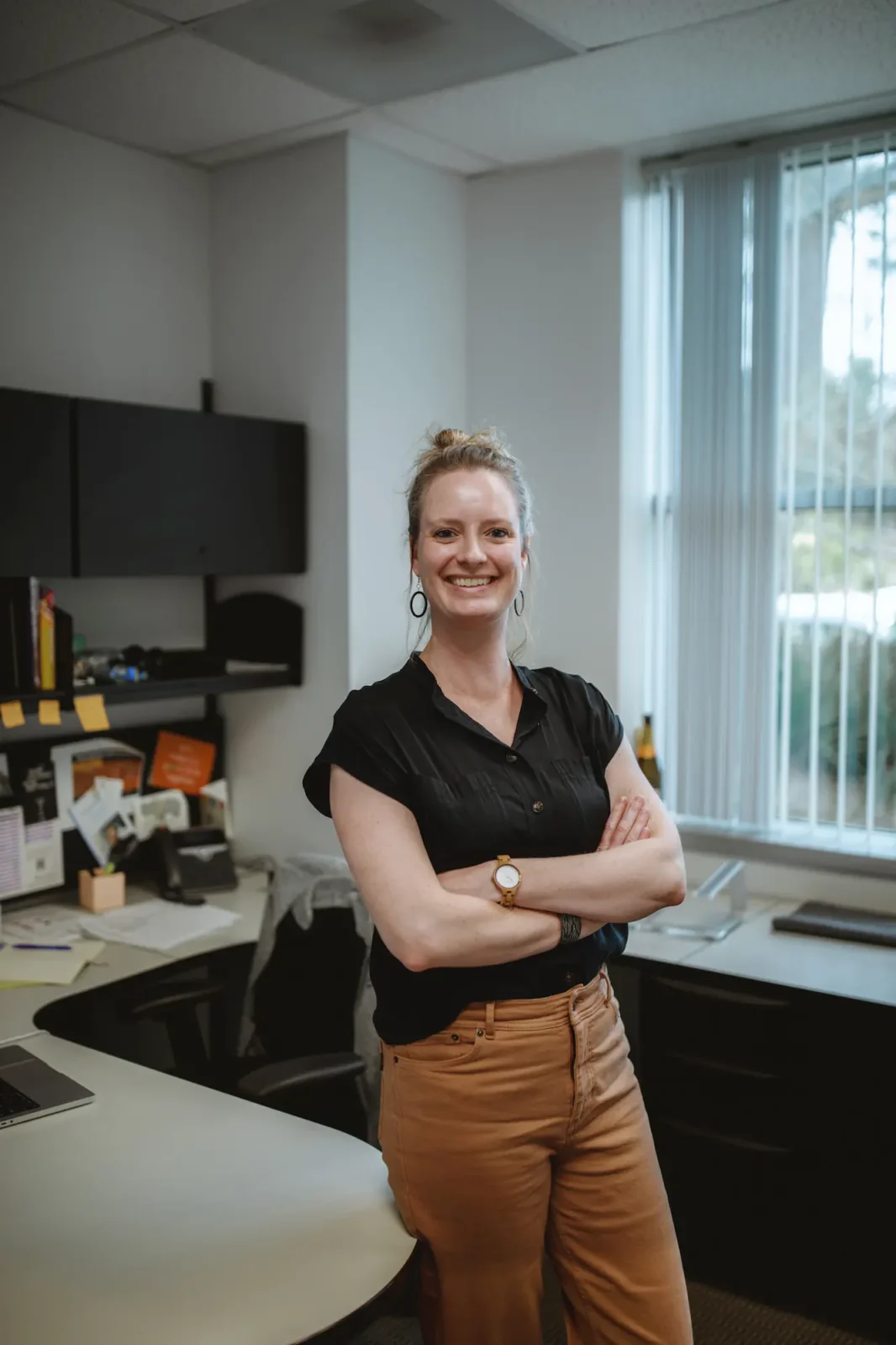LEAP Program
Lab Experience As Pathway
The Lab Experience As Pathway to Graduate School (LEAP to Grad School) is a one-year mentored training and career development experience designed to prepare recent college graduates with new skills and research experience to become more competitive and succeed in STEM PhD programs.
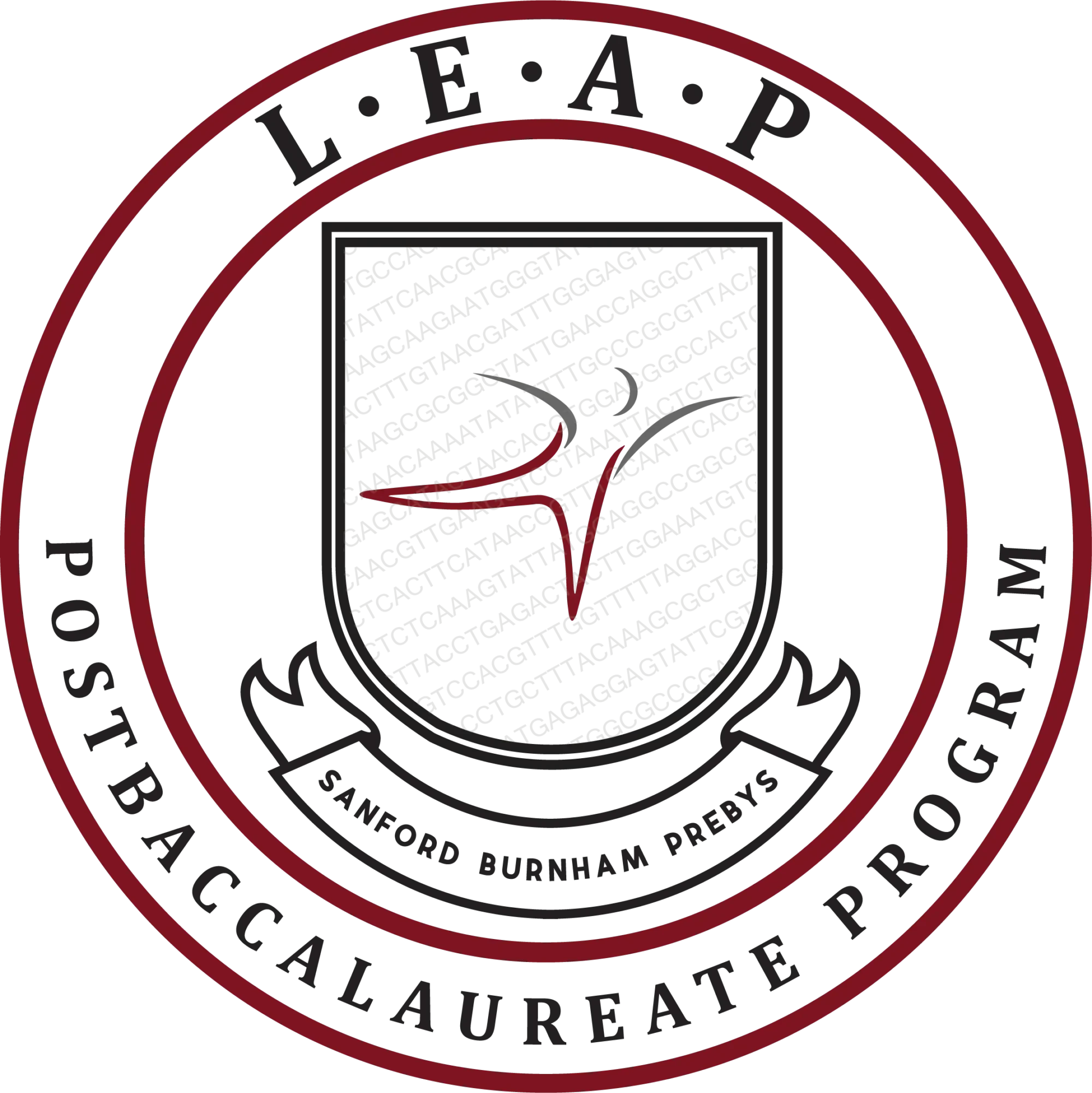
Goals
The overarching goal of this one-year program is to provide recent college graduates with the mentored training, laboratory skills, and professional development needed to be competitive and successful in STEM PhD programs.
Eligibility
- Eligible students are current college seniors and recent graduates (within the last three years) in a science-related field.
- International students in F-1 Student status in the US on post-completion Optional Practical Training (OPT) or a STEM Extension of OPT may participate in the LEAP Program*
- Applicants must reside in the greater San Diego area for the duration of the program.
*F-1 Student OPT or STEM Extension of OPT must be approved and the start date reached by the start date of the program in order to participate.
Research Experience
The program will provide both classroom and laboratory training. The classroom portion will be focused on professional development topics such as grad school prep, effective mentorship, and science communication. The laboratory portion will provide hands-on training in basic experimental techniques and research experience. Participants will be matched with a lab for a year, contributing to ongoing research and gaining hands-on experience in wet-lab and/or dry-lab (computational) techniques.
During the one-year program, each participant is expected to participate full-time. Our program consists of 80% research and 20% professional development modules and workshops. Participants will convene on a weekly basis for cohort meetings, training modules and workshops.
Program Competencies
- Professional and Career Development Skills
- Graduate School Readiness
- Effective Mentorship
- Foundations of Scientific Research, Research Comprehension, and Communication Skills
- Research Identity, Confidence, and Independence
Workshop Examples
- Oral and Written Scientific Communication – will explain principles of effective scientific communication and provide corresponding practical training.
- Leadership Development – this workshop series will cover self- assessment, understanding others, communication preferences, navigating conflict, developing cultural competence, and creating an inclusive lab environment.
- Graduate School Application Preparation – this workshop will explain the graduate school application and selection process. Topics to be covered include preparation of CV, writing personal statements, selecting a school, obtaining strong reference letters, and preparing for interviews.
When Does the LEAP Program Start?
The LEAP Program will run from August 1, 2025 – July 31, 2026.
Applying to the LEAP Program
The application period for the 2025-2026 program is now closed.
Selection Process
The Review Committee will evaluate all completed applications received by the deadline. If you are selected for an interview, you will receive an invitation for a virtual interview in May. Notifications of acceptance to the program will be sent in May.
Benefits
- $41,500 annual stipend plus benefits.
- Gain research experience for PhD admissions.
- High quality 1:1 mentorship from our world-renowned scientists.
- Cohort structure to enhance your social and professional network.
Mentors
Mentors are established principal investigators whose research spans a broad array of topics, from autophagy to metabolism and more, impacting many disease areas, such as cancer, neurodegeneration, and metabolic disorders.
2025-2026 Mentors
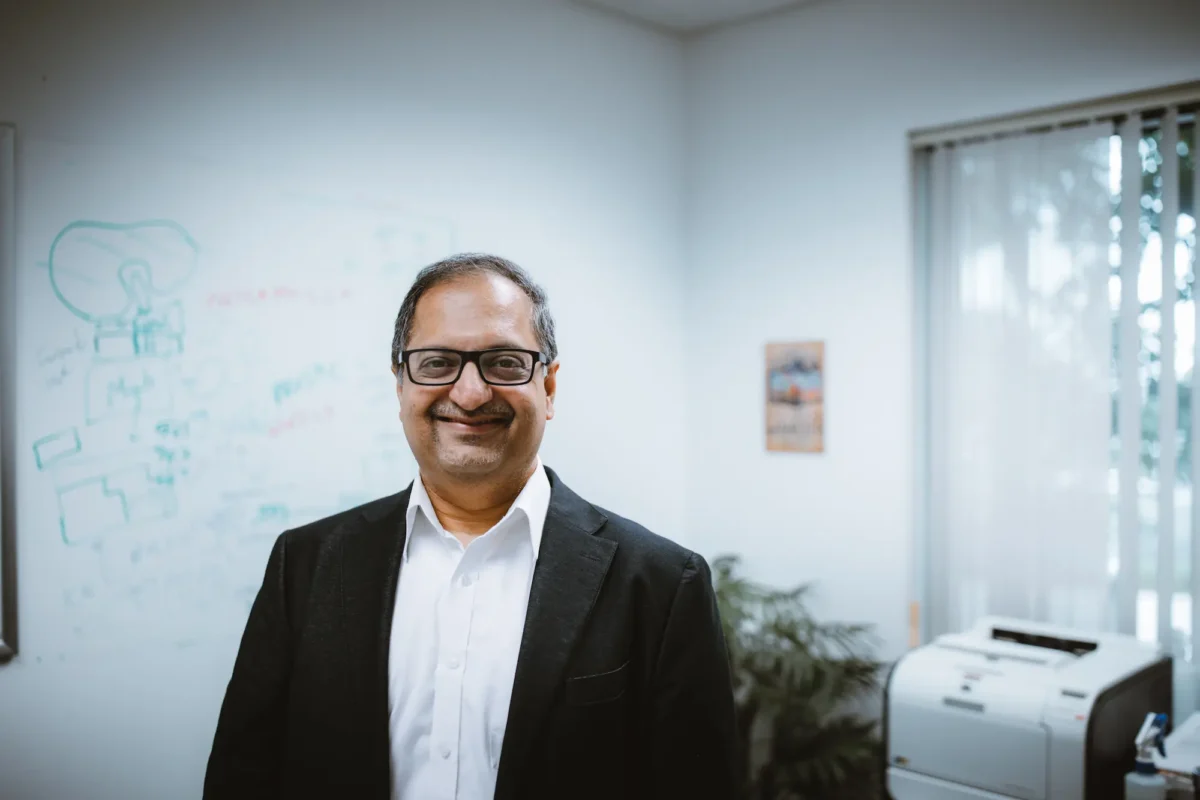
Ani Deshpande PhD
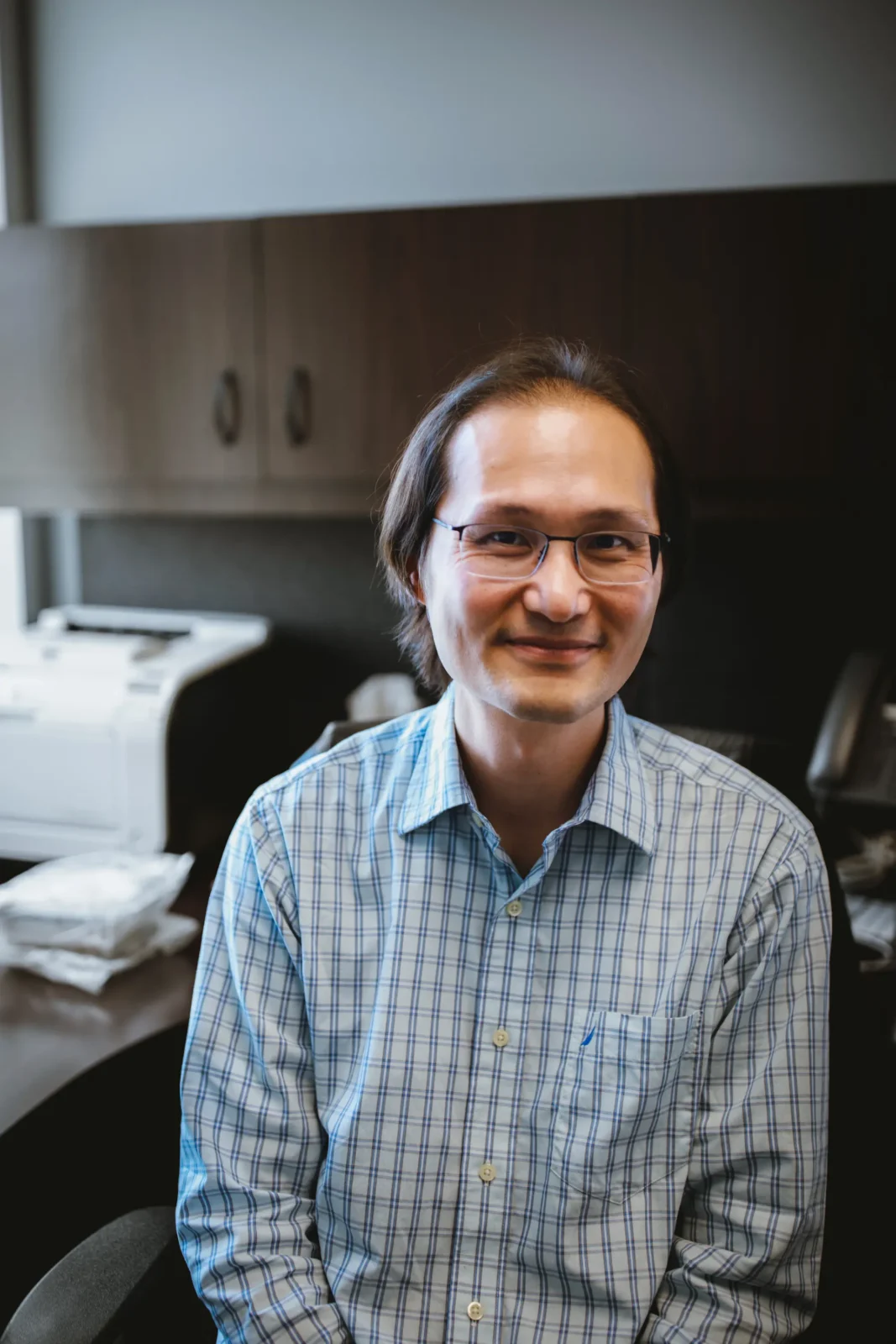
Yuk-Lap (Kevin) Yip PhD
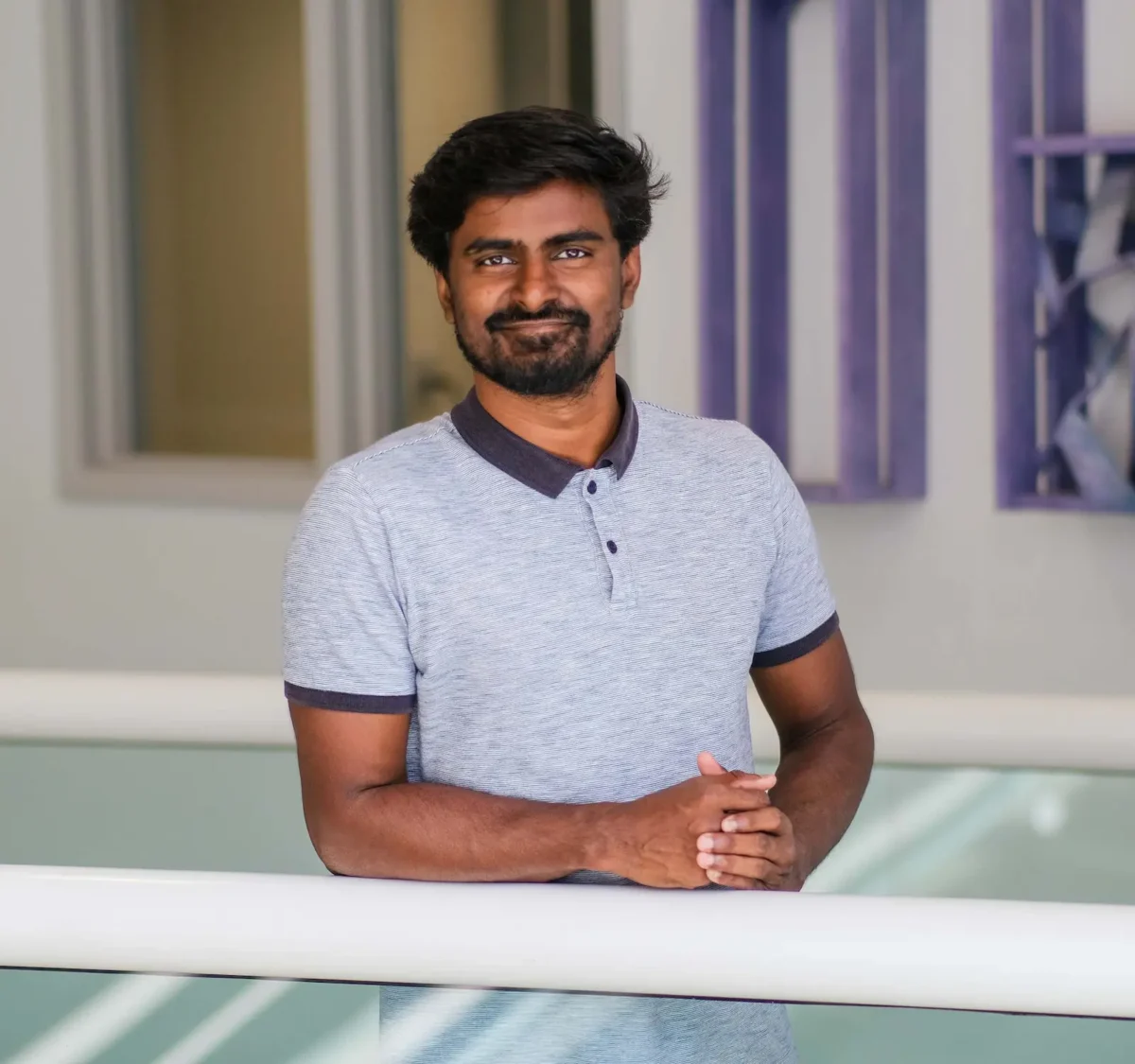
Sanju Sinha PhD
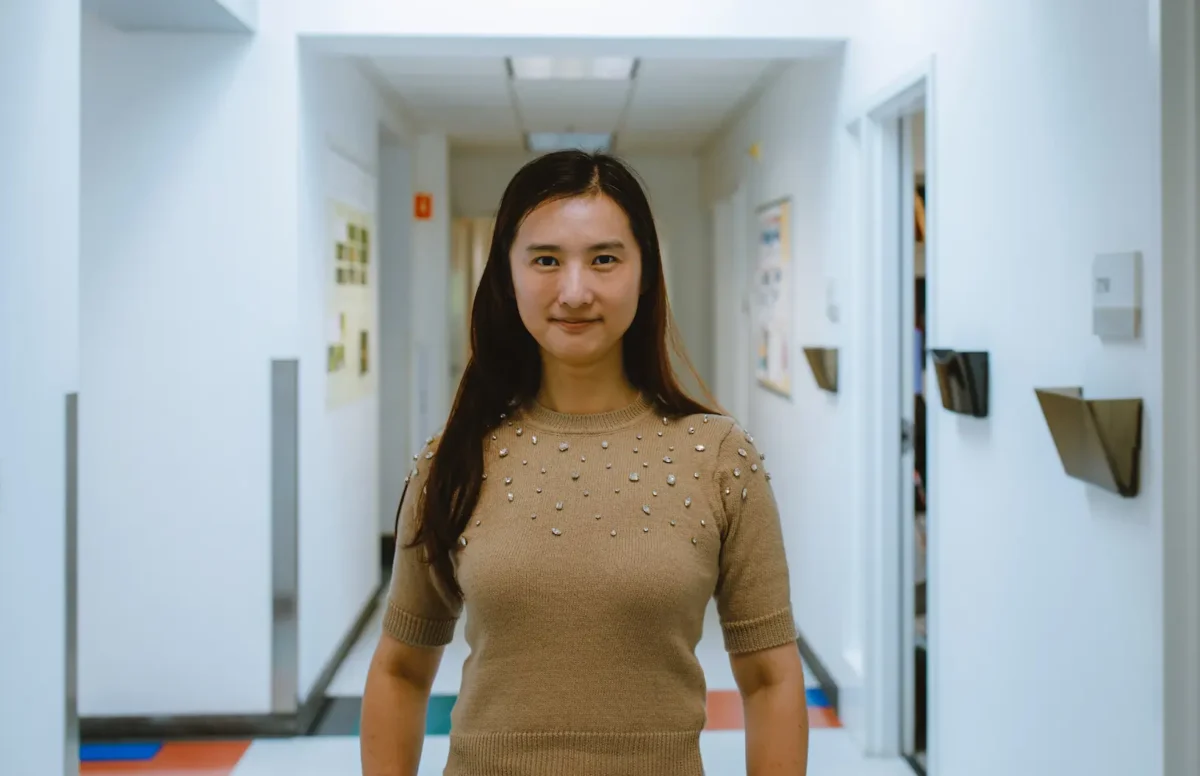
Shengjie Feng PhD
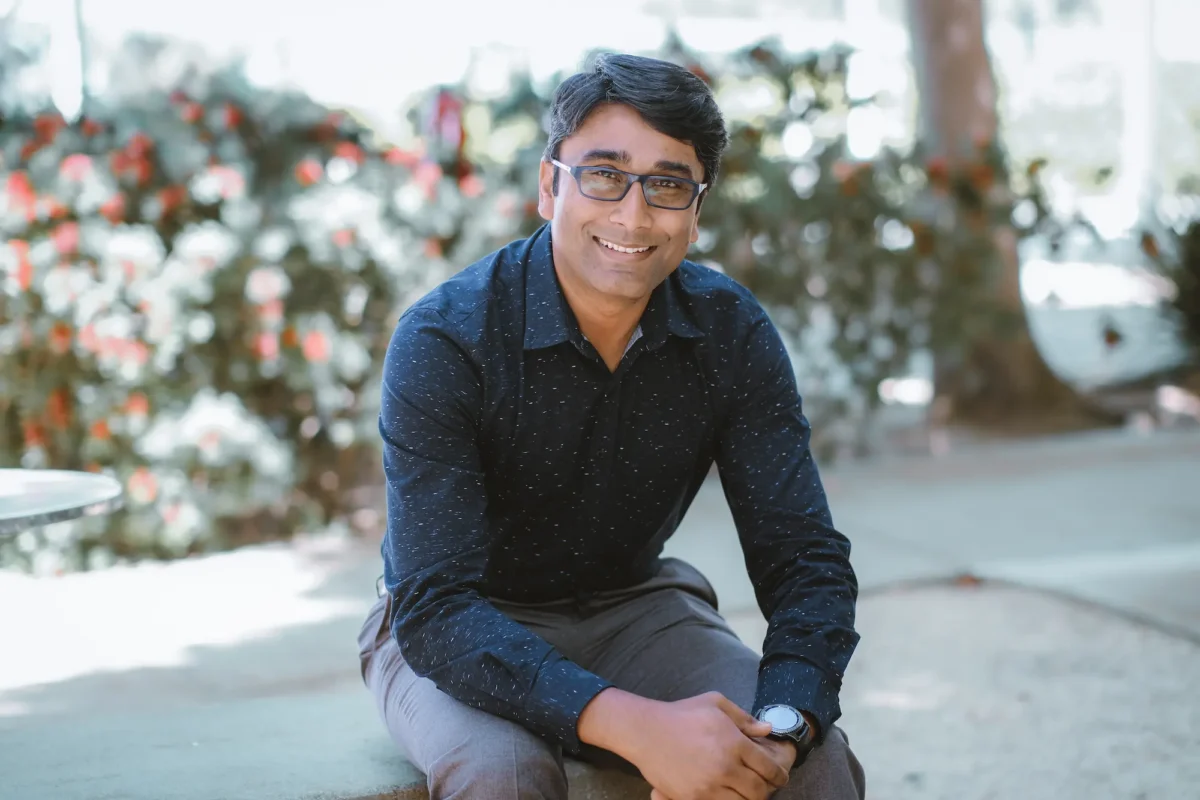
Debanjan Dhar PhD
See below for the current list of potential mentors and their associated projects.
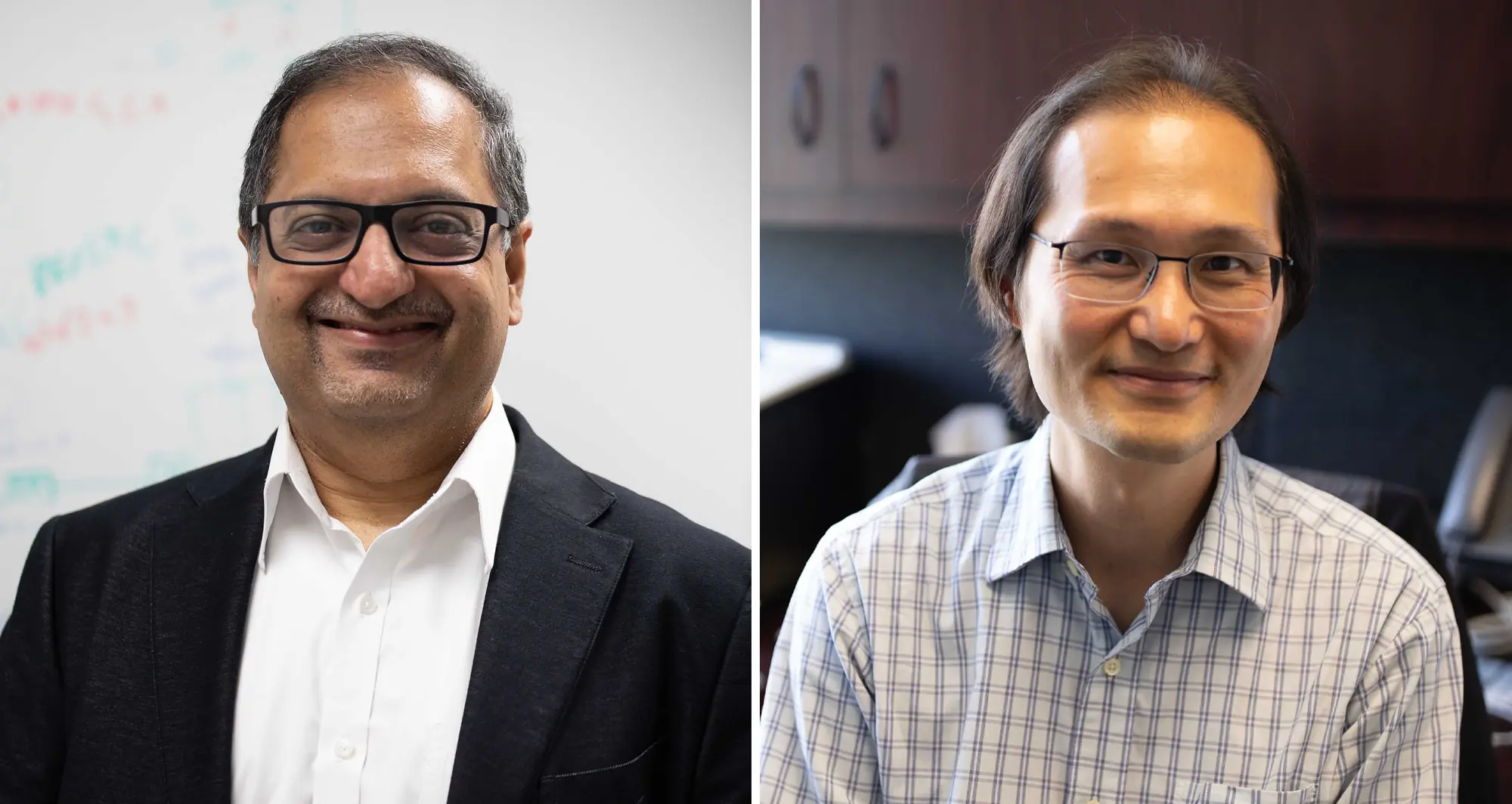
Investigation of Novel Cancer Associated Microproteins
A computational and wet lab project
Exciting new studies have revealed that our genomes contain many small proteins that have eluded discovery and may carry out major biological roles. The Deshpande and Yip Labs have ongoing projects in which we have identified several novel microproteins that may play important and causal roles in blood cancer, and the characterization of such microproteins will form the basis of this jointly mentored computational and experimental research plan.
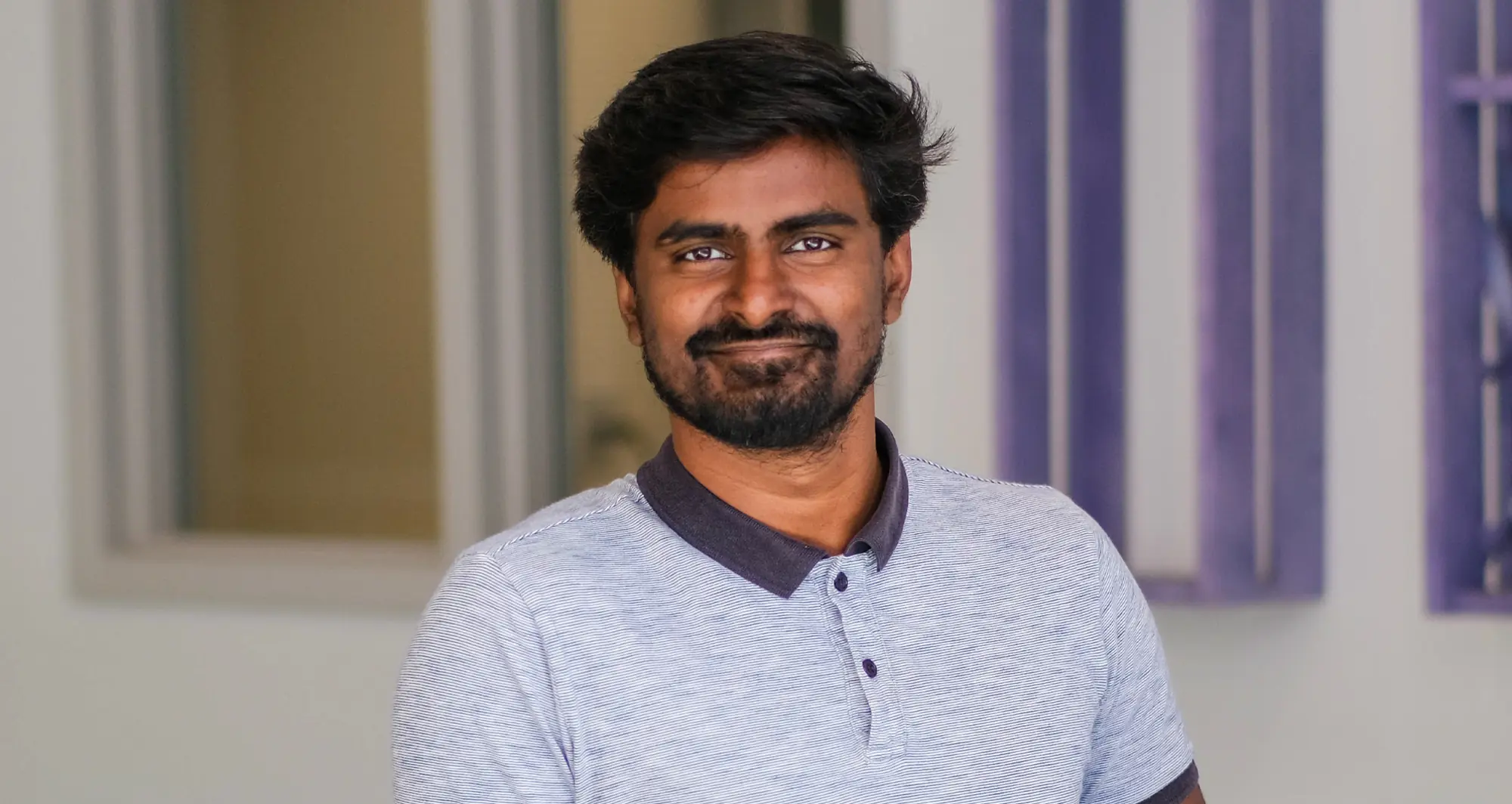
The Shape of Aging
- Sanju Sinha, PhD
- TBD
A computational project
While we observe and experience it, we yet do not understand how different tissues in our body age and their regulators. Our project will use 500TB images from post-mortem tissues to establish how tissue shapes changes with age, their critical deterioration periods and master regulators of these deterioration. This will use a combination of computer vision and general machine learning. If successful, this will establish novel ways to protect critical tissues of our body.
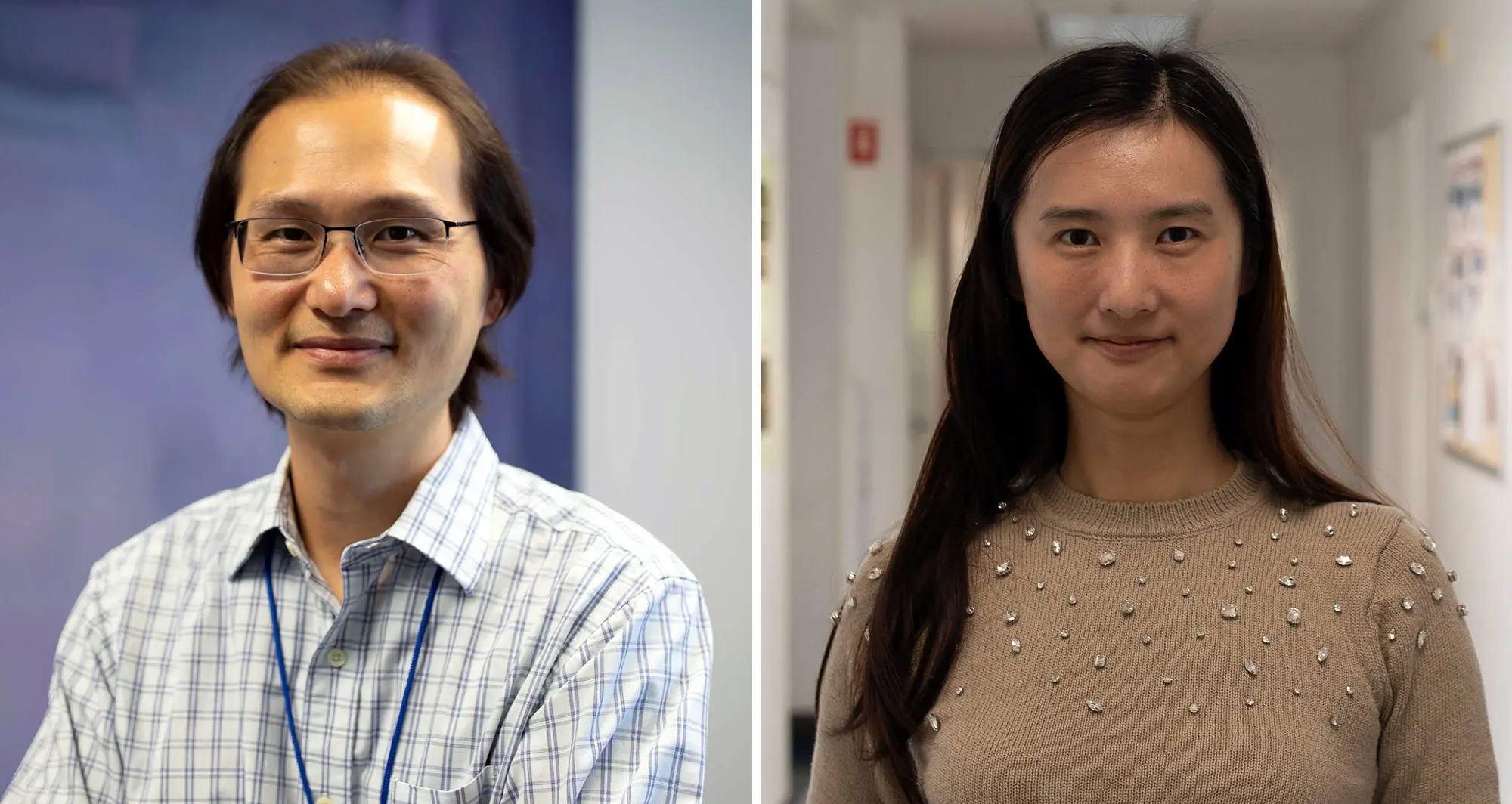
TBD
A computational and wet lab project
The structures of proteins play central roles in their functions. The Feng lab at Sanford Burnham Prebys specializes in the use of cryogenic electron microscopy (cryo-EM) in studying protein structures. Integrating structural information with other types of data is a powerful way to understand the regulation and normal functions of proteins, as well as their perturbations in diseases. The Yip lab at Sanford Burnham Prebys is experienced in developing and applying computational methods for integrating different types of biological data. In this collaborative project between the two labs, this integrative approach will be used to study two important problems: 1) how the composition of individual proteins affects protein complexes in disease, and 2) how microproteins function through interacting with other proteins. This project will involve mainly computational work but with an opportunity to include wet-lab experiments.
2024-2025 Mentors
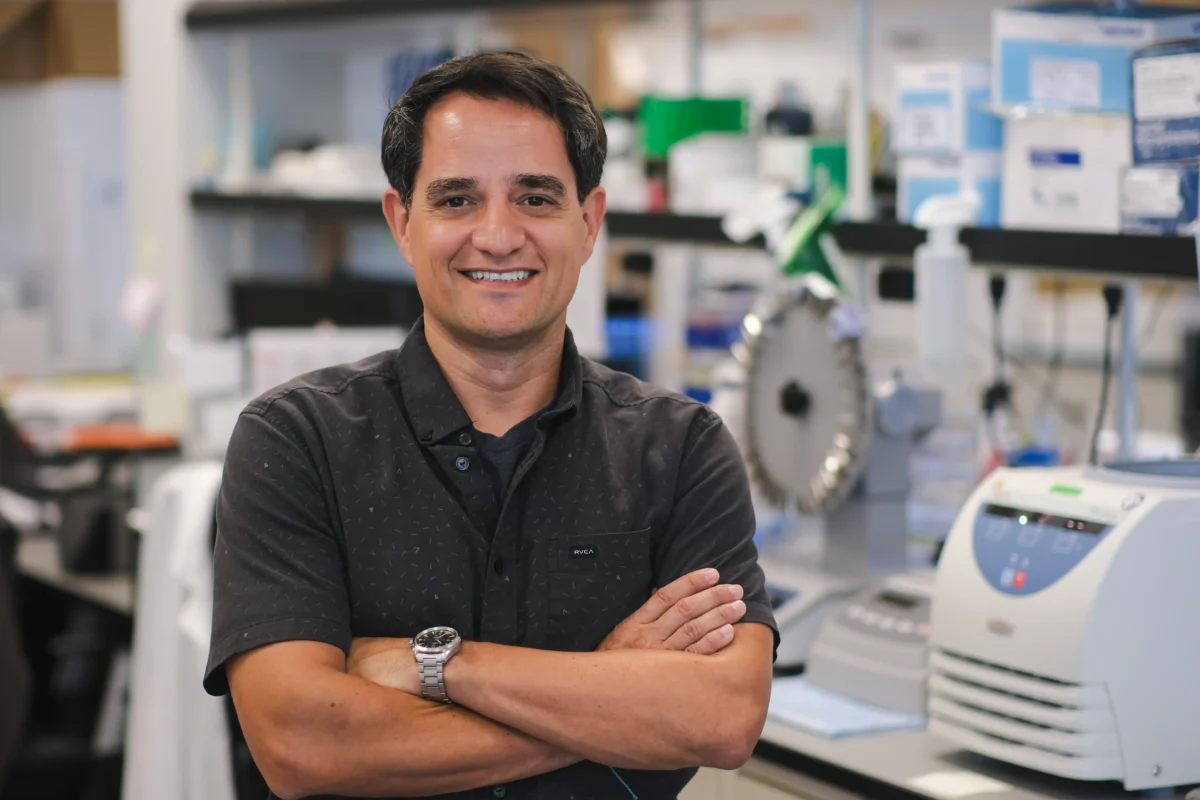
Lukas Chavez PhD
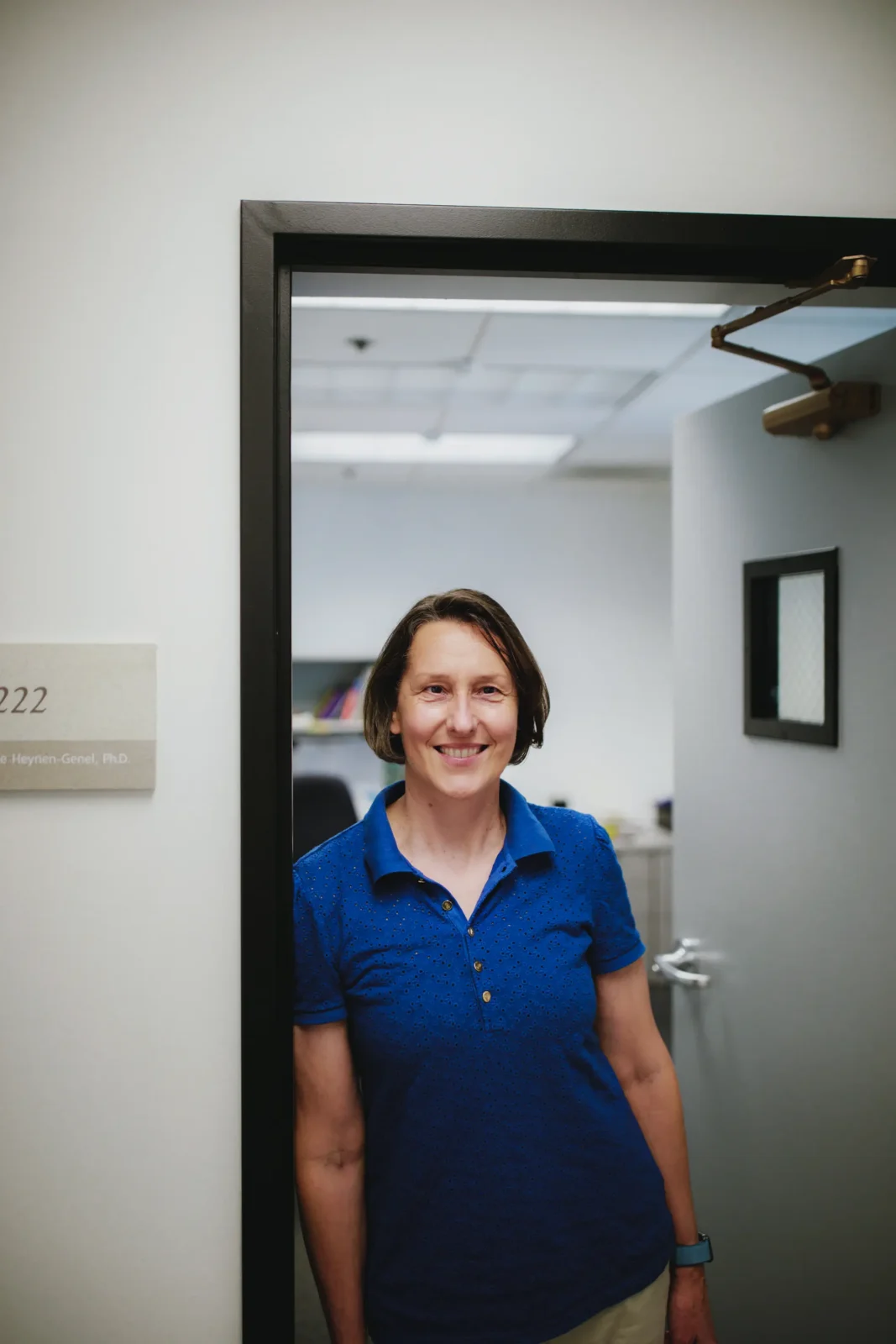
Susanne Heynen-Genel PhD
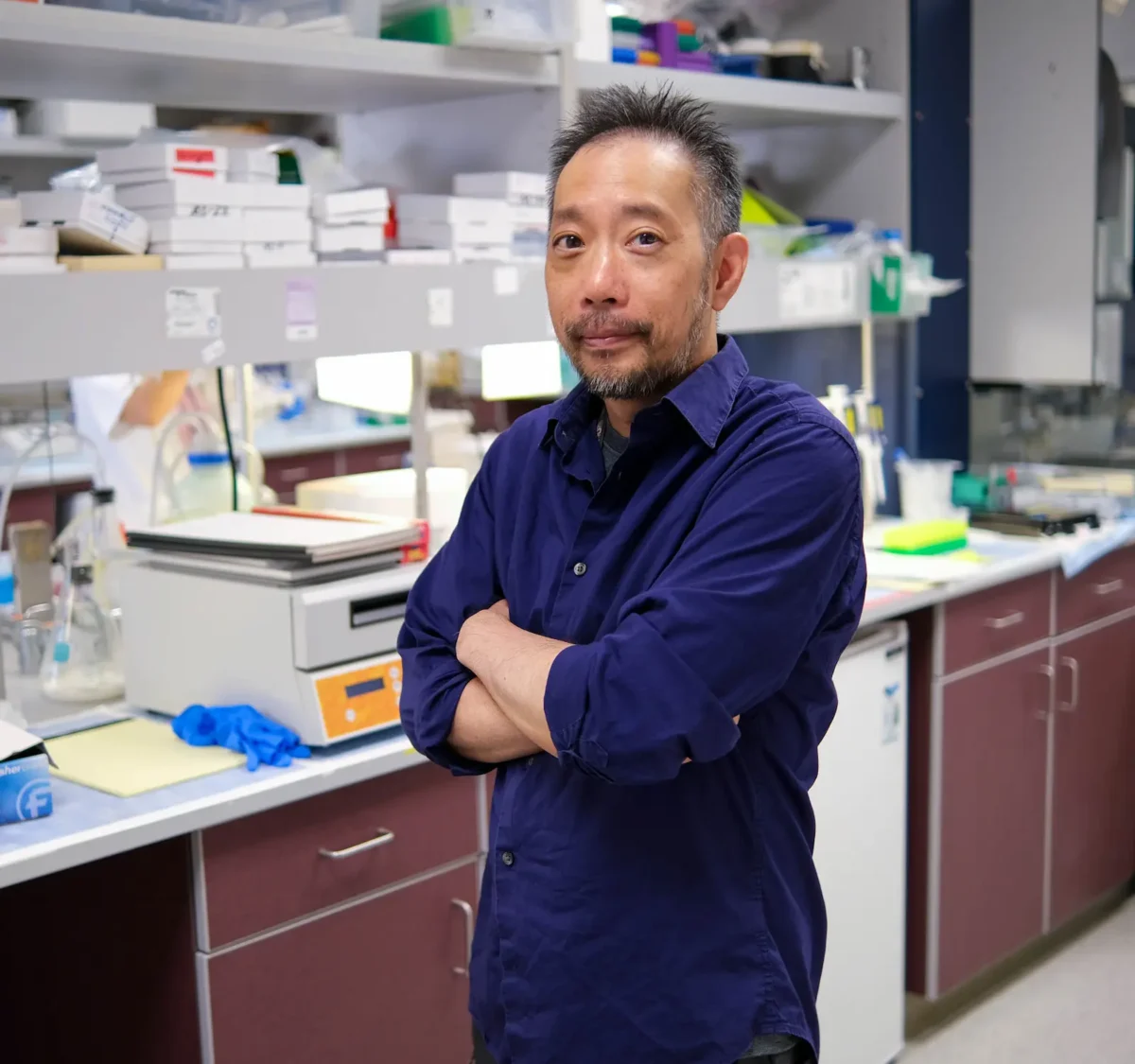
Timothy Huang PhD
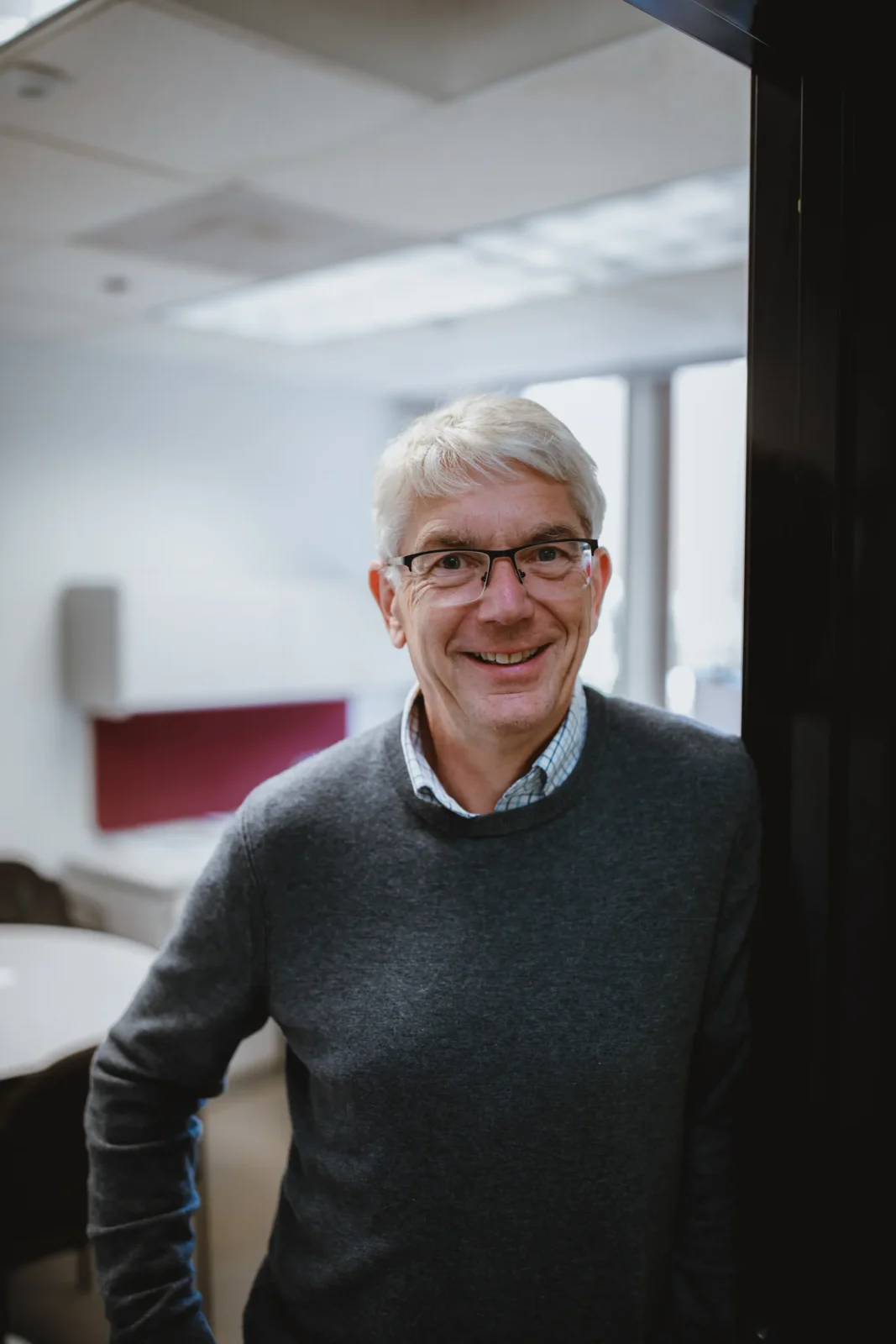
Michael Jackson PhD
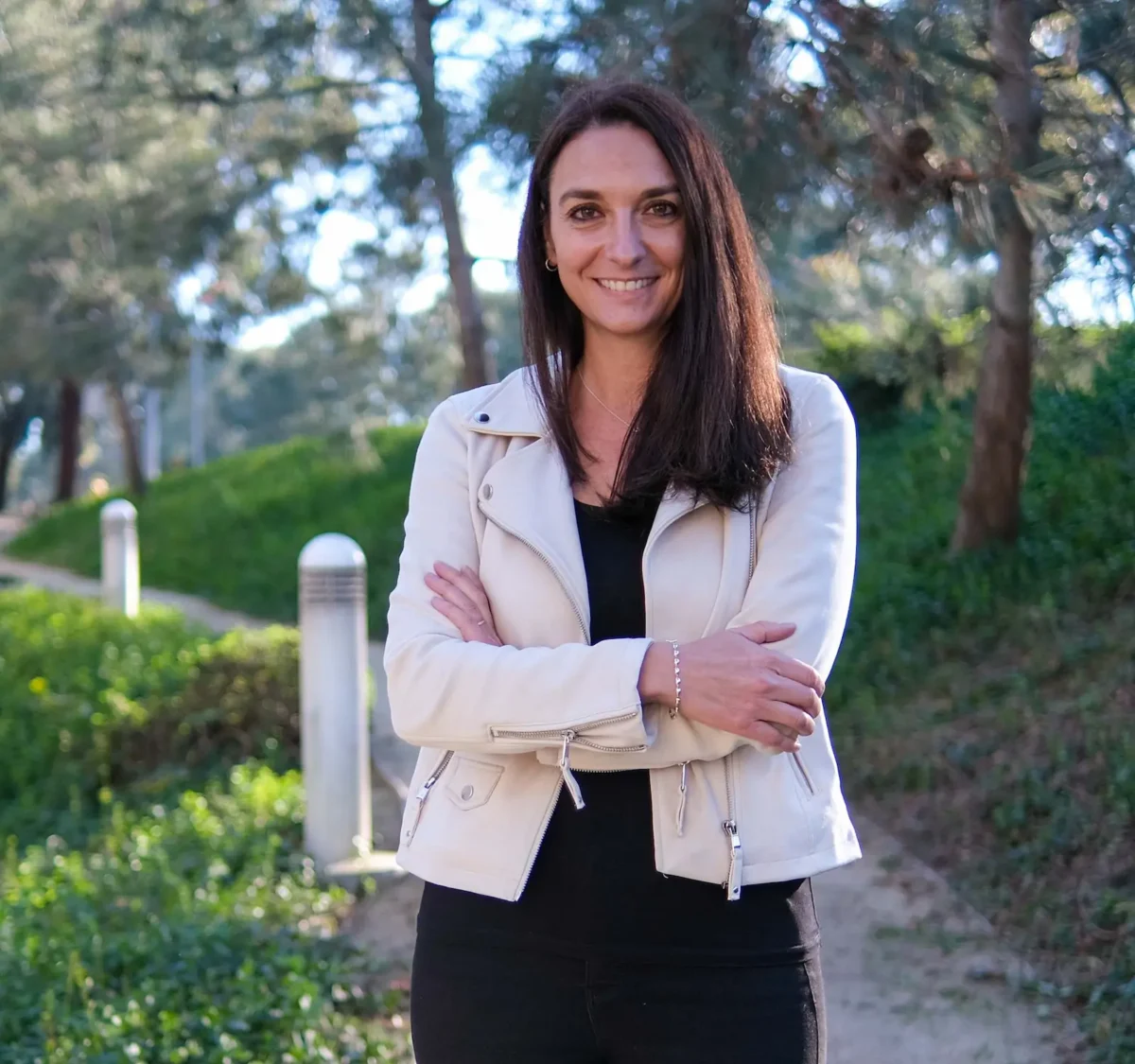
Caroline Kumsta PhD
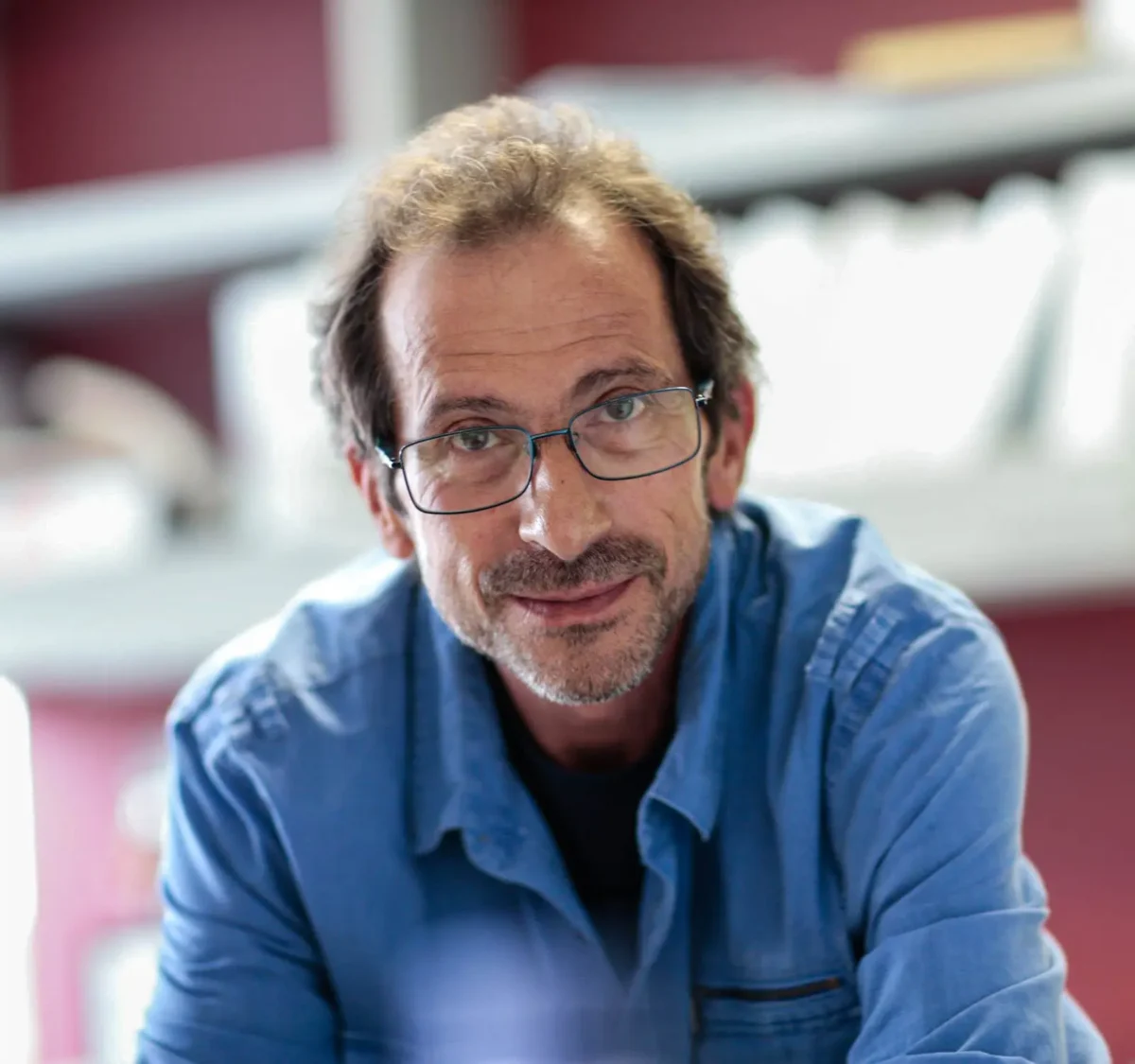
Andrei Osterman PhD

Sanju Sinha PhD
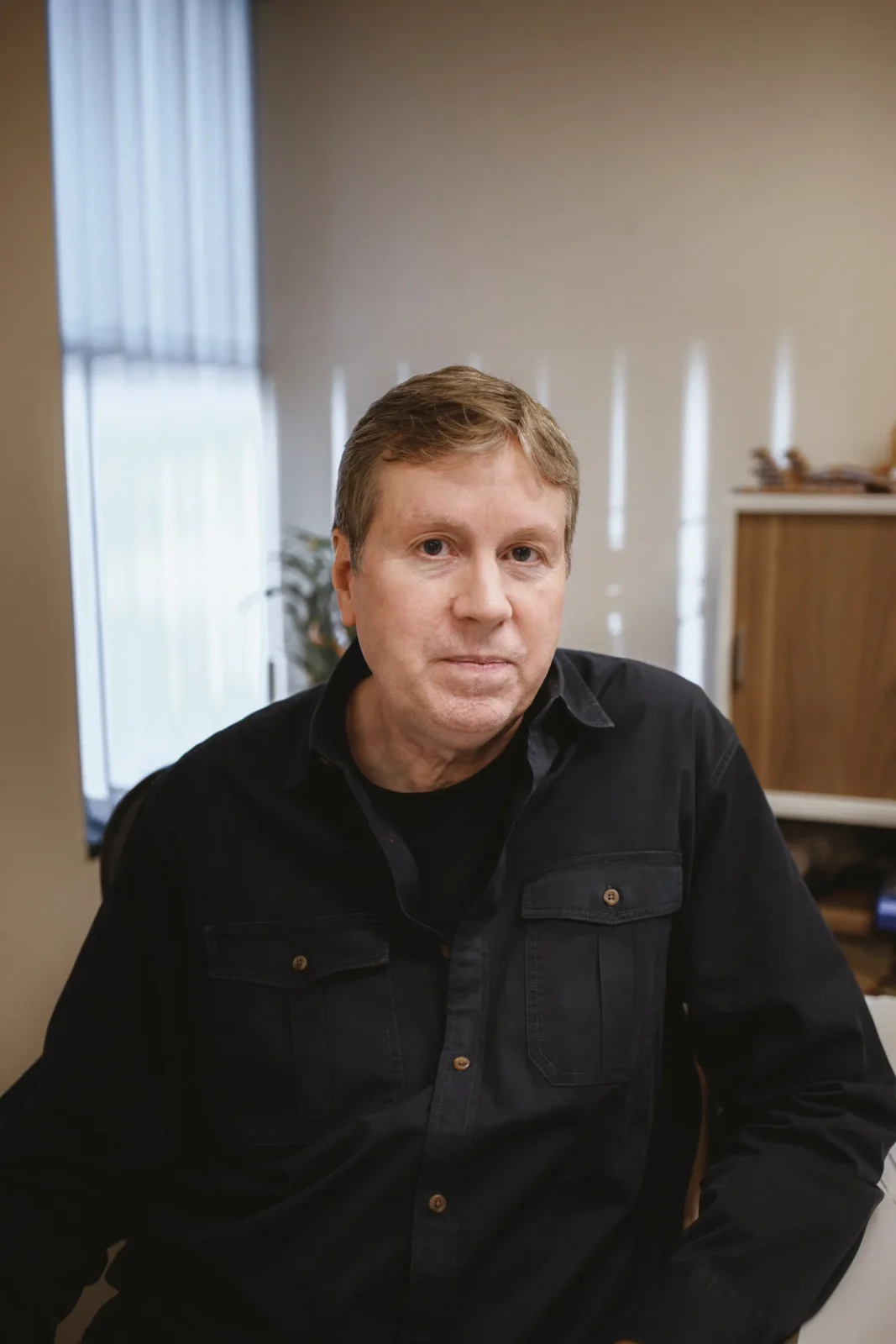
Charles Spruck PhD
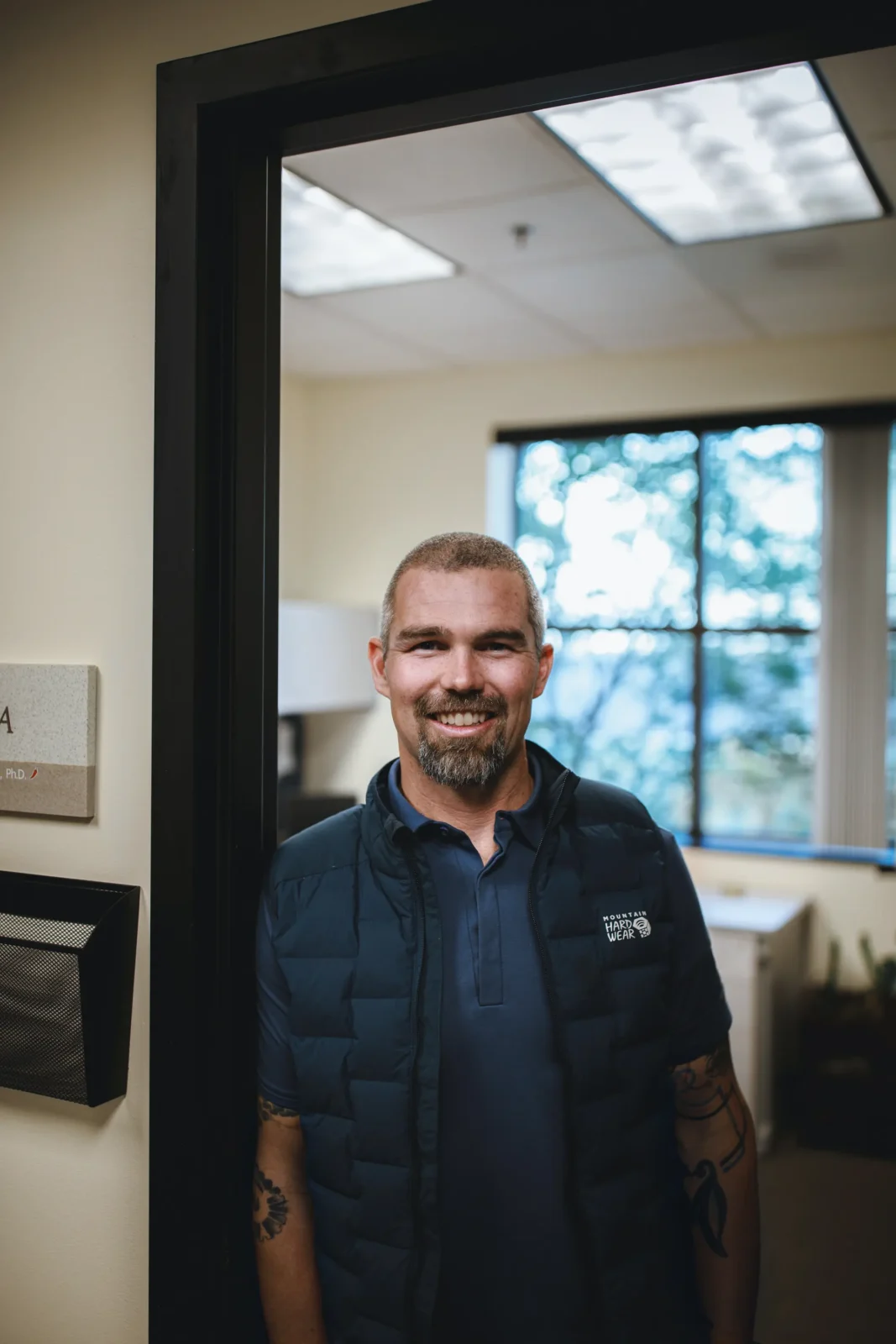
Kevin Tharp PhD
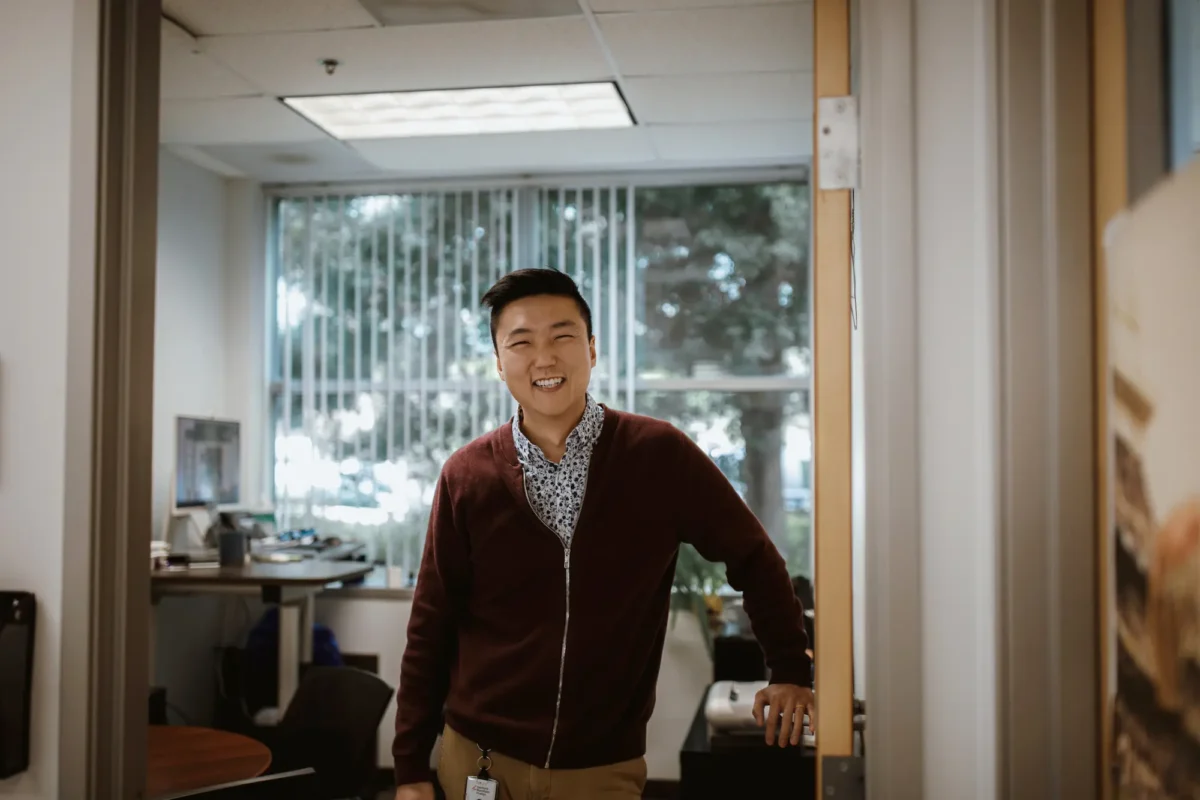
Yu Xin (Will) Wang PhD

Yuk-Lap (Kevin) Yip PhD
Participants
Postbac Program Participants
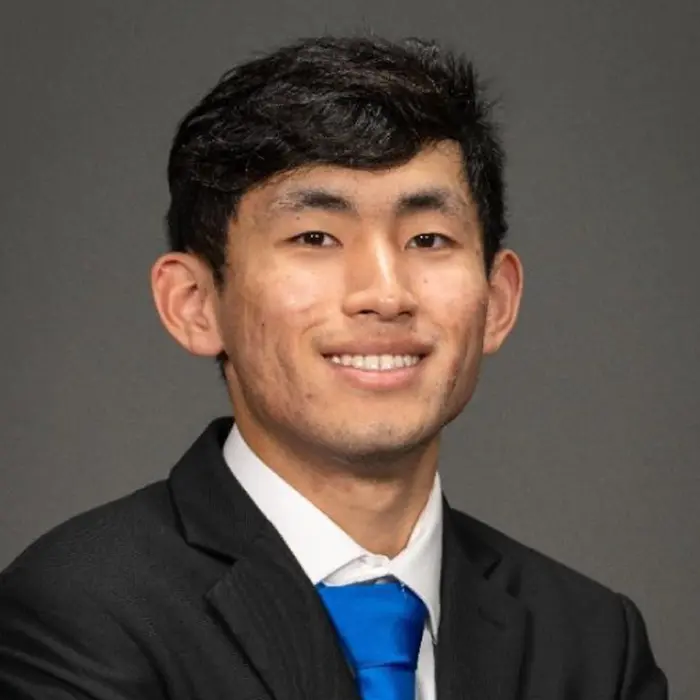
Ryan Ding
LEAP ’26
University of California, San Diego ’25
Mentored by:
Sanju Sinha, PhD
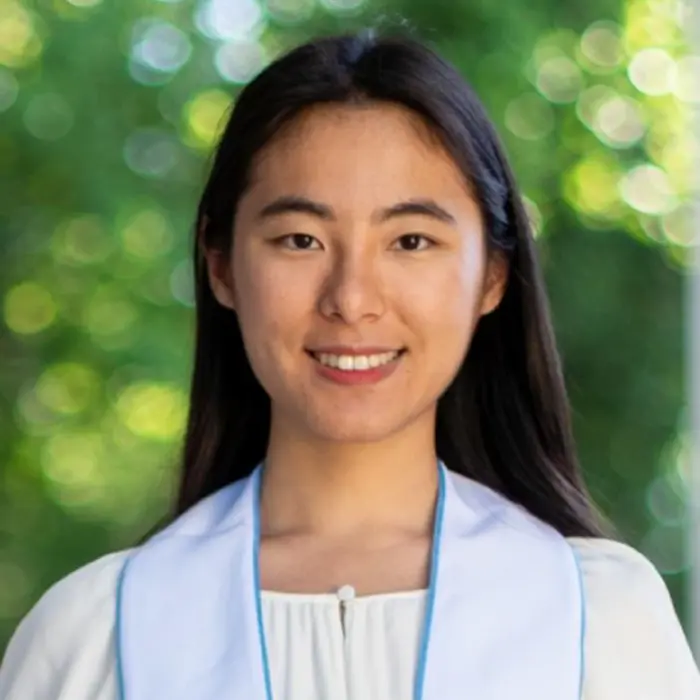
Yun Ma
LEAP ’26
University of North Carolina at Chapel Hill ’25
Mentored by:
Kevin Yip, PhD &
Shengjie Feng, PhD
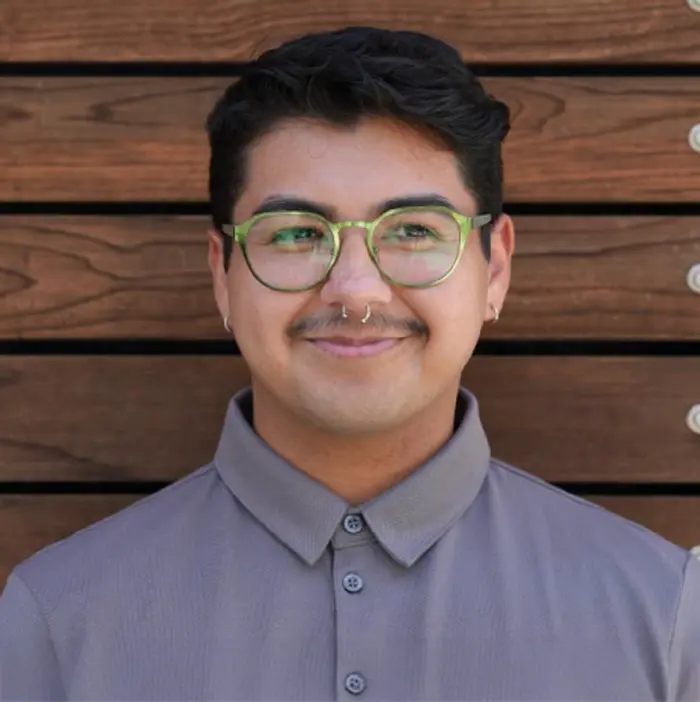
Josue Navarrete
LEAP ’26
California State University, San Marcos ’25
Mentored by:
Kevin Yip, PhD &
Ani Deshpande, PhD
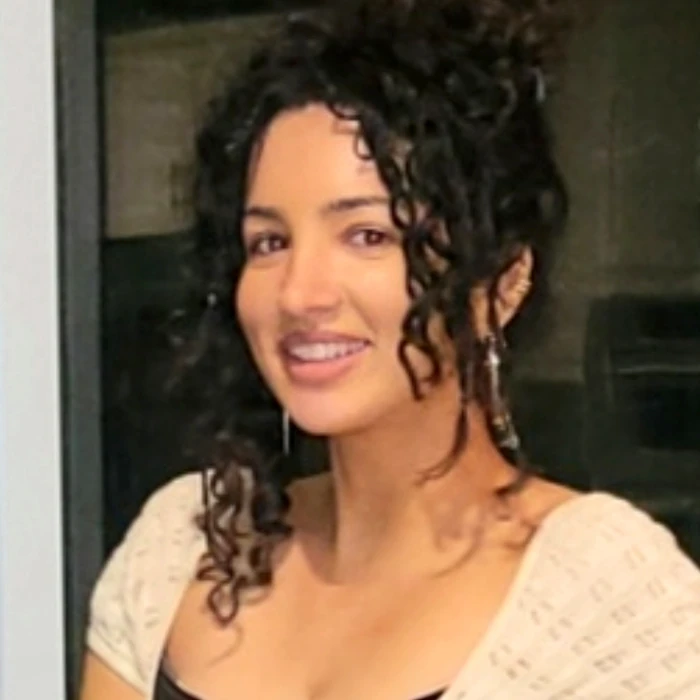
Sarina Safavi
LEAP ’26
University of California, San Diego ’21
Mentored by:
Debanjan Dhar, PhD
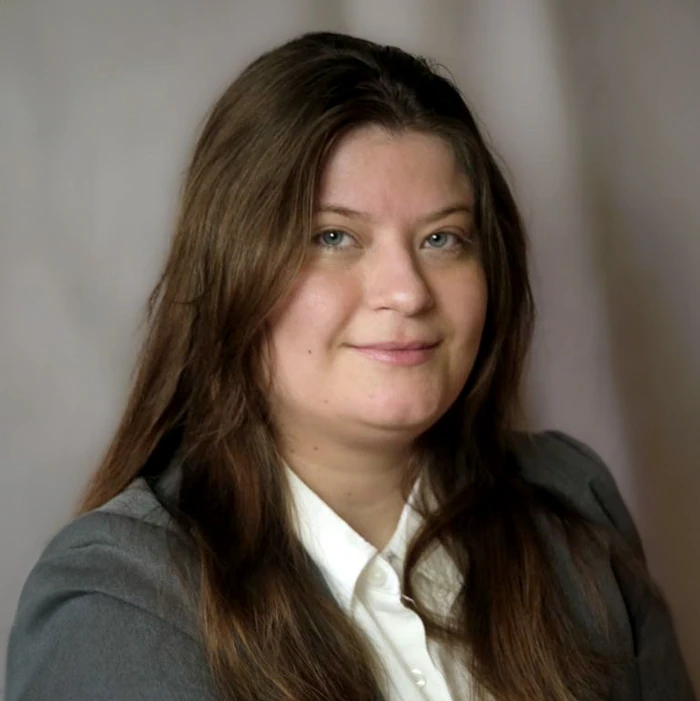
Isabel Sakowicz
LEAP ’26
University of California, Riverside ’22
Mentored by:
Kevin Tharp, PhD
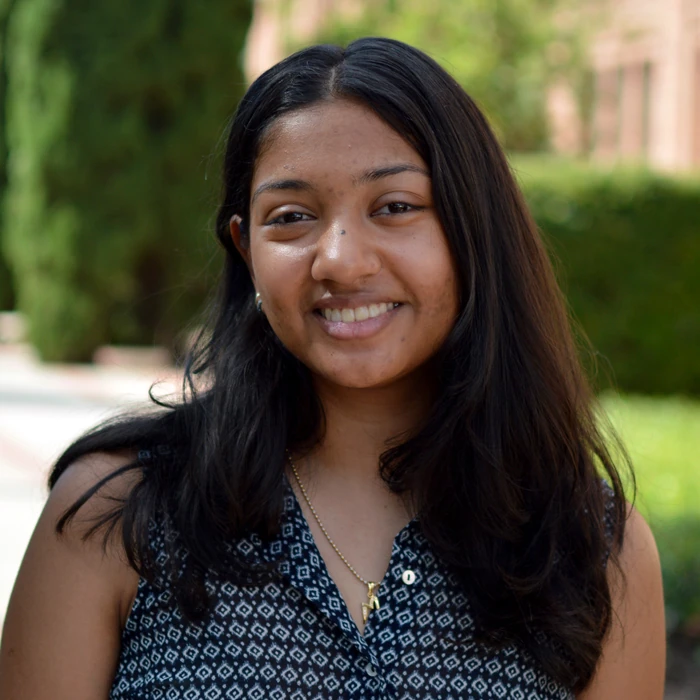
Mahek Shah
LEAP ’26
University of California, Los Angeles ’24
Mentored by:
Chuck Spruck, PhD
2024-2025 Participants
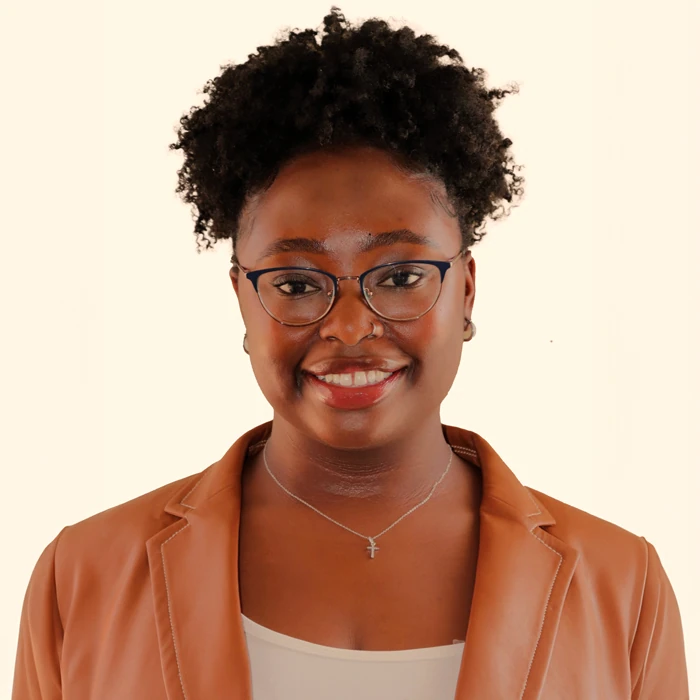
Emerald Adeyan
LEAP ‘25
University of California, Los Angeles ’23
Mentored by:
Lukas Chavez, PhD &
Susanne Heynen-Genel, PhD
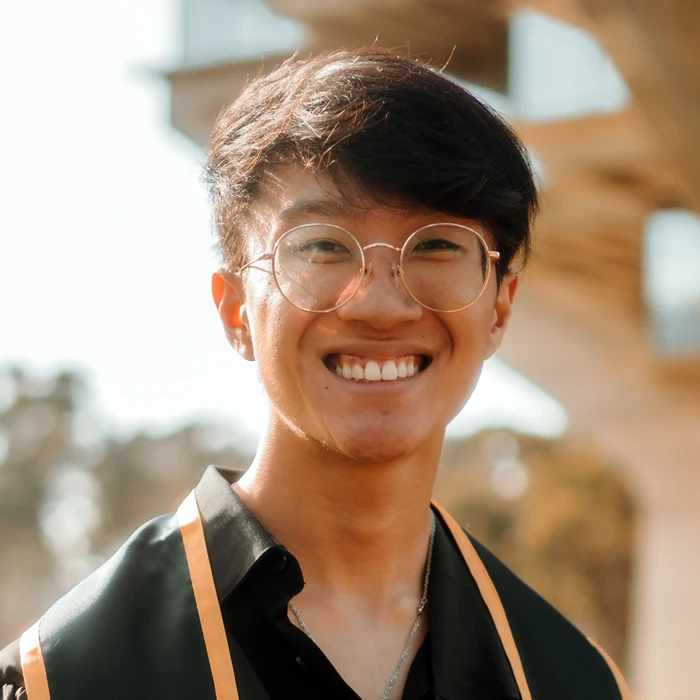
Kyle Alvarez
LEAP ‘25
University of California, San Diego ’23
Mentored by:
Sanju Sinha, PhD &
Michael Jackson, PhD
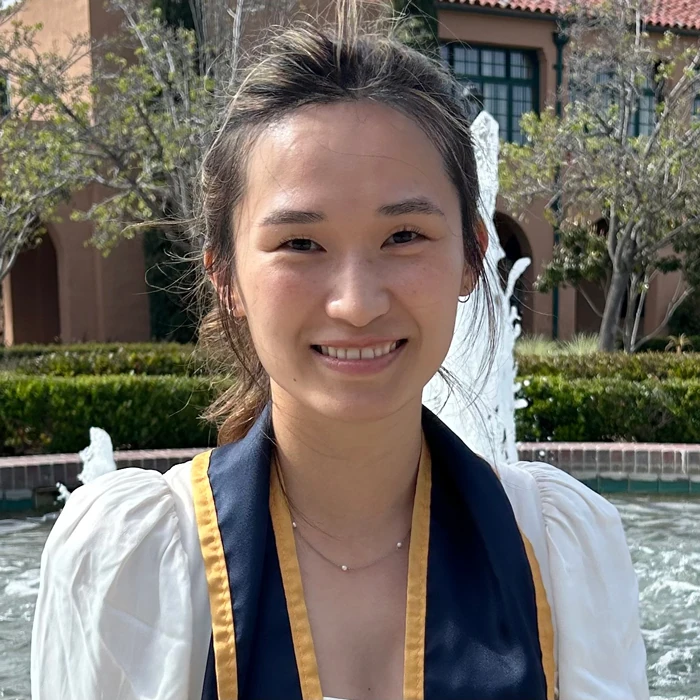
Monica Jensen
LEAP ‘25
University of California, San Diego ’24
Mentored by:
Will Wang, PhD
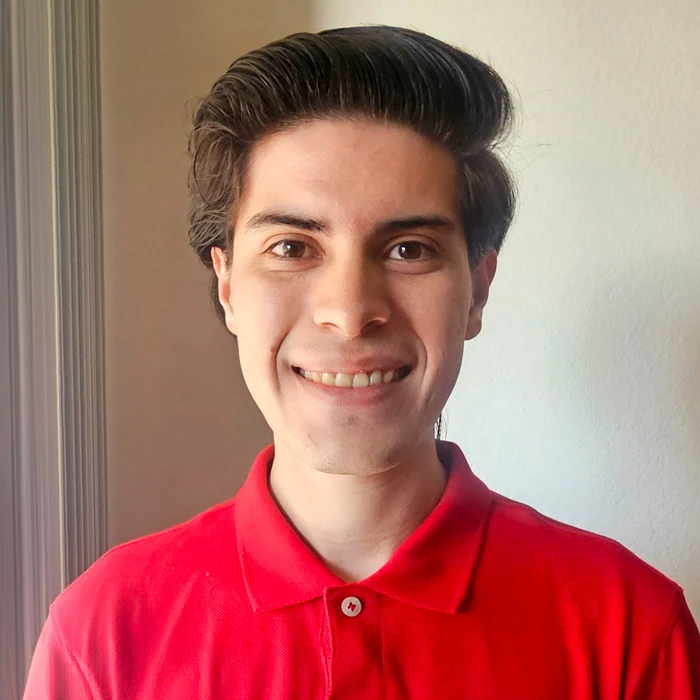
Kai Rauda
LEAP ‘25
University of California, San Diego ’23
Mentored by:
Andrei Osterman, PhD
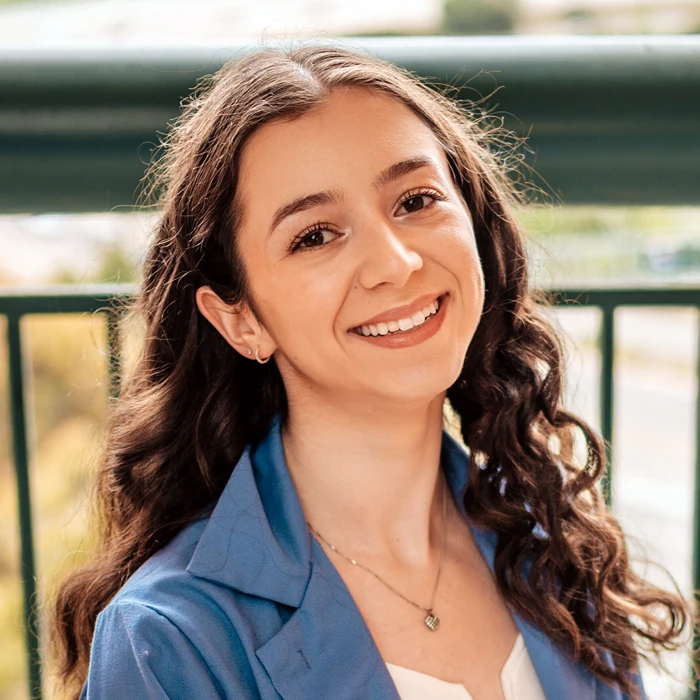
Rachel Khoury
LEAP ‘25
San Diego State University ’23
Mentored by:
Will Wang, PhD

Sarina Safavi
LEAP ‘25
University of California, San Diego ’21
Mentored by:
Kevin Yip, PhD

Isabel Sakowicz
LEAP ‘25
University of California, Riverside ’22
Mentored by:
Caroline Kumsta, PhD
Kevin Tharp, PhD

Mahek Shah
LEAP ‘25
University of California, Los Angeles ’24
Mentored by:
Chuck Spruck, PhD
